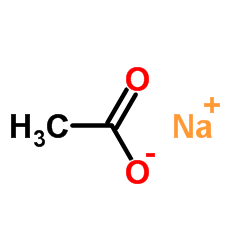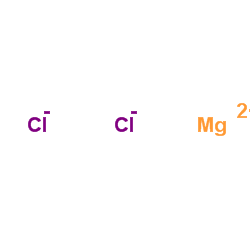| Structure | Name/CAS No. | Articles |
|---|---|---|
 |
Sodium acetate
CAS:127-09-3 |
|
 |
Magnesium choride
CAS:7786-30-3 |
|
 |
6-Carboxyfluorescein
CAS:3301-79-9 |